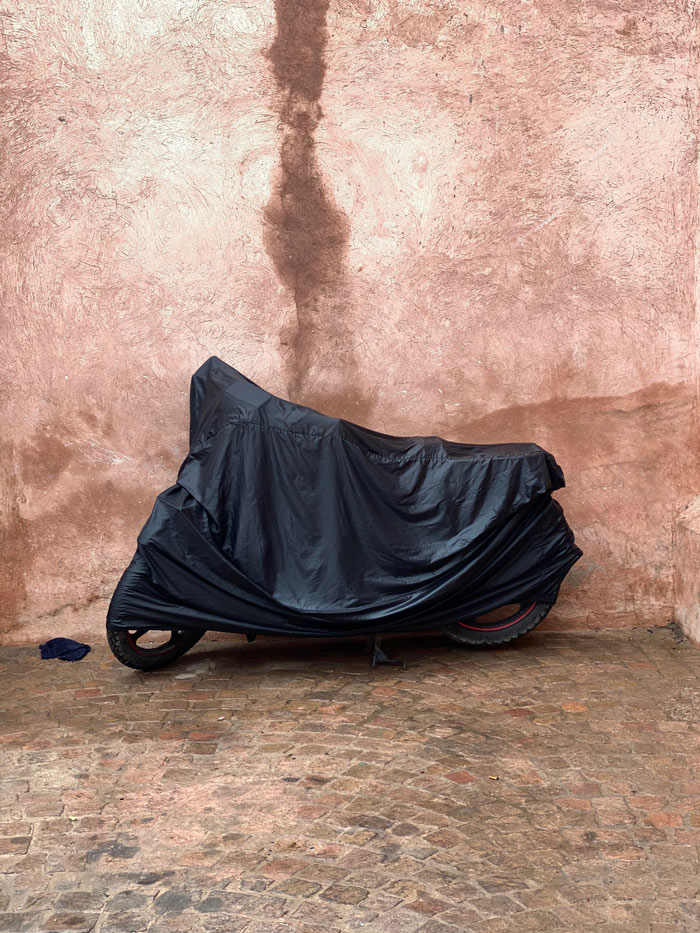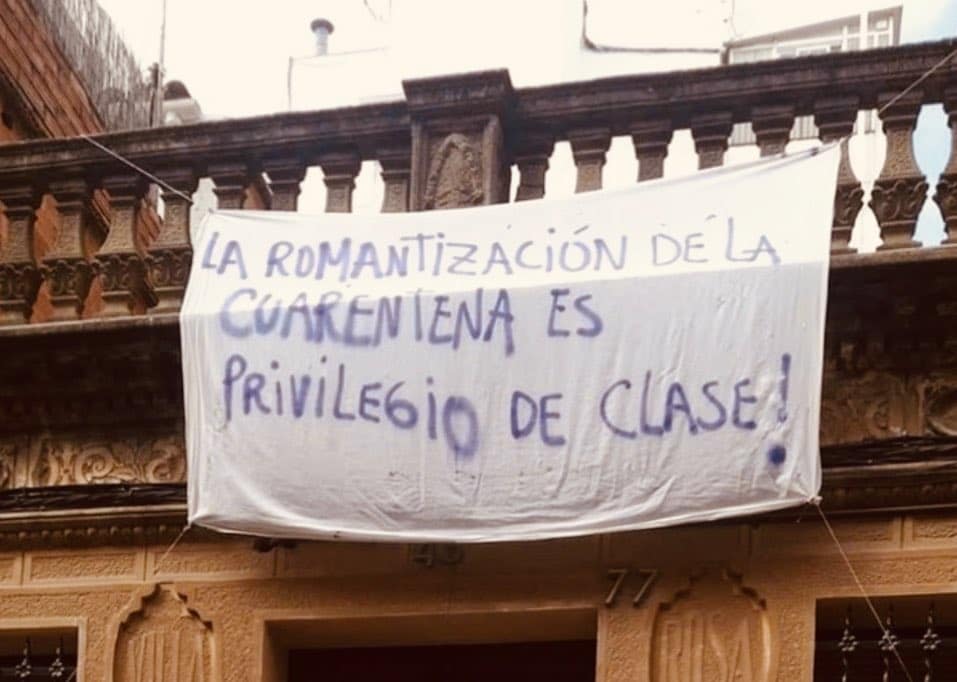
Opinion
Domestic violence in Italy and around the world during coronavirus and social distancing
By Sofia Gallarate
Opinion
Domestic violence in Italy and around the world during coronavirus and social distancing
By Sofia Gallarate
Updated May 18, 2020 at 05:05 PM
Reading time: 3 minutes
Human rights
Mar 22, 2020
Since 9 March Italy has been under full lockdown: for the past two weeks and continuing, citizens have been told to stay at home, with the exception of grocery shopping, going to the pharmacy and practicing some limited outdoor exercise. The police patrols the streets and people who are found outside the house without justification or a self-certification can be fined or, in the worst case scenario, arrested. While Italy has been the European ‘precursor’ of this strict isolation, this scenario is either being put into place or will certainly be enforced in most European countries and beyond in a matter of days.
Overall, the rules are simple and the message clear: don’t leave your house unless necessary. Despite a shared feeling of claustrophobia induced by the sudden forced confinement, most citizens are adjusting fast to this new way of living. But as the days pass and the regulations tighten, new concerns over the safety of all citizens are inevitably raising. Staying home doesn’t equal safety for everyone.
The data made public from Telefono Rosa—an Italian organisation that provides a range of support and help for women and children victims of domestic violence, sexual and psychological violence, stalking or mobbing—shows that compared to the same period last year, in the first two weeks of March the calls to their help-centre have dropped by 55.1 per cent: from an approximative 1,104 calls they have only received 496 so far.
In any other situation, such a drastic decrease in numbers would’ve been interpreted as an accomplishment, but in this specific scenario, these numbers indicate an alarming situation: victims of domestic abuse usually call if their abuser isn’t in near proximity. Being stuck for 24 hours, seven days a week, with a violent individual not only means higher risk of violent episodes, but it also stops victims from seeking help.
If just for a moment, and it already feels absurd to do so, we put aside the state of financial precarity that a huge chunk of the population is facing because of the economy’s current stall, and focus on the social and psychological conditions in which some citizens are forced to live during this quarantine, the spectrum of inequality that looms over this newly imposed set of rules would appear in all its prominence.
The struggles of confinement do not only affect those whose domestic environments are threatening, but they’re taking a considerable toll on the people whose lives are directly managed by the state. During the first week of isolation, there have been over 8 prison riots throughout Italy. Some inmates violently responded to the government cancelling all family visits in a short term attempt to prevent the coronavirus from entering the prisons.
The Italian government tried avoiding what could potentially turn into a catastrophe: overpopulated prisons (with 61,230 inmates over the official capacity of 47,231 places) and a weakened sanitary system budget meant that all the isolation requirements applied on the outside would be unattainable inside Italian prisons.
In Spain, someone wrote the message ‘The romanticisation of the quarantine is a class privilege’ and hung it on a white sheet from their balcony. The image widely circulated on the internet, mainly and simply because it was astoundingly true. The bigger the house, the bigger the windows, the bigger the gardens, and the more pleasurable this quarantine will be. Having access to the necessary means for a healthy quarantine is without a doubt a class privilege, but I’m afraid we’re just realising that it is way more than only that.

The ultimate paradox of this quarantine is that the virus itself has no barriers when it comes to infecting. COVID-19 doesn’t discriminate between gender, class, or race—it can get us all. And yet, the conditions in which people navigate this state of emergency and will eventually emerge from it are profoundly different. “We could say that it treats us equally, puts us equally at risk of falling ill, losing someone close, living in a world of imminent threat,” wrote American philosopher and gender theorist Judith Butler in a piece published on Verso a few days ago titled Capitalism has its Limits.
“Social and economic inequality will make sure that the virus discriminates. The virus alone does not discriminate, but we humans surely do, formed and animated as we are by the interlocking powers of nationalism, racism, xenophobia, and capitalism,” further explains Butler. And she couldn’t be more right. As we all experience this unsettling lifestyle, at times even romanticising the surreal changes it is bringing into our lives, some are left with little rights and even less hope.
As the spread of COVID-19 grows exponentially and as the magnitude of the health, economic and social consequences that this pandemic will have on society are still incalculable, one thing remains certain: the flaws of our socio-economic structures are violently revealing their fallibility, flowing from the cracks that were left uncared for and that are now opening wide.
The cases mentioned above are Italy-based, and surely each country will respond to the emergency according to its own legislation, but what is happening in Italy is exemplary of what worsens during a state of emergency: the vulnerable inevitably get more vulnerable.
Don’t get me wrong, I am not asking to give up on the desperate irony, the memes, and the mood-lifting online group gatherings most of us are enjoying in order to cope with the situation. New forms of digital aggregation and solidarity are coming out of this, and we should by no means disregard them. This unexpected shift of rhythm has to be cherished and made the most out of, but as we do so, it is worth keeping both eyes open on what these restrictions might mean to those of us whose experiences aren’t worth any romanticisation.




